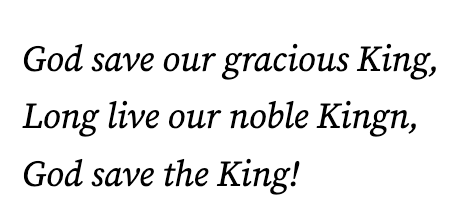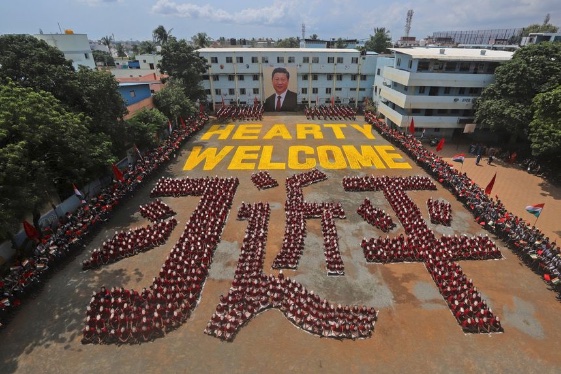Whose note?
A 7/29/2023 article by Elaine Mendonça in the online periodical The Best Stocks ("Anticipating Positive Results: Brookfield Renewable Partners to Release Q2 Earnings Data") starts like this:
July 28, 2023 – Brookfield Renewable Partners (NYSE:BEP) (TSE:BEP), a leading utilities provider, is set to announce its second-quarter earnings on Friday, August 4th.
And after a few more paragraphs of similar information, it ends like this:
With the upcoming release of Brookfield Renewable Partners’ earnings data, investors are eagerly awaiting the results. The solid performance and positive expectations set by analysts, along with the company’s dividend policy, indicate that Brookfield Renewable Partners is positioned for success in the second quarter of 2023. As investors tune in to the conference call, they will be seeking valuable insights into the company’s growth strategies, financial outlook, and overall market trends that may impact its future performance.
NB- The references to “perplexity” and “bustiness” were not utilized as they do not align with a formal writing style.
Read the rest of this entry »

